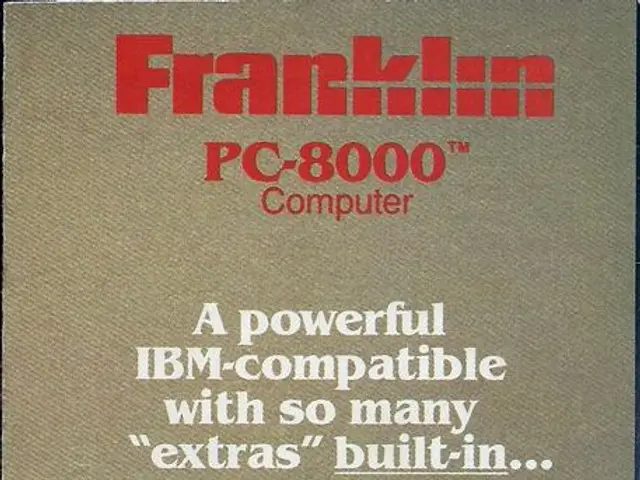EU postpones customs duties on American products, encompassing whiskey.
The old feud between the EU and the U.S. isn't cooling down just yet. After Trump slapped a 25% tax on imported steel and aluminum earlier this month, the EU responded with a fierce counter-punch - higher tariffs on American whiskey. But things aren't going quite as planned.
Originally set to kick off on April Fool's Day, the whiskey tariffs are now getting a 2-week delay. Why, you ask? It's all about diplomacy and strategy. The EU doesn't want to rush into things without its allies by its side.
You see, the EU's not just announcing tariffs willy-nilly. These aren't some knee-jerk reactions. No, they're part of a broader calculated move against the U.S.'s tariffs on European steel and aluminum products[1][2]. And the EU's not about to let the U.S. have the last word.
So, mark your calendars (if you're Team Whiskey Tariff, that is). The EU's new target date forimplementing these tariffs is April 13[4]. And that's not just because it rhymes - it's because the EU's determined to time it just right.
Why? Well, it wants to line up all its countermeasures nicely and give itself some breathing room to talk things out with the U.S. There's a lot at stake, and the EU's not about to let emotions or impulses cloud its judgement.
In the end, both sides want a win, and the EU's strategic delay seems to be an effort to find that elusive middle ground. European Trade Commissioner Maroš Šefčovič even went so far as to say that the EU's goal is to align and coordinate its countermeasures to facilitate consultations and negotiations[1][2].
So, sit back and lace up your diplomacy boots - this dance between the EU and the U.S. is far from over. Stay tuned for updates as the whiskey tariff saga unfolds.
The EU's delayed implementation of whiskey tariffs is a part of a strategic move against the U.S.'s tariffs on European steel and aluminum products. Instead of rushing into imposing tariffs, the EU is coordinating its countermeasures to facilitate consultations and negotiations with the U.S. In the face of rising trade tensions, both sides aim to find a middle ground, and this delay could be an effort towards that goal.







